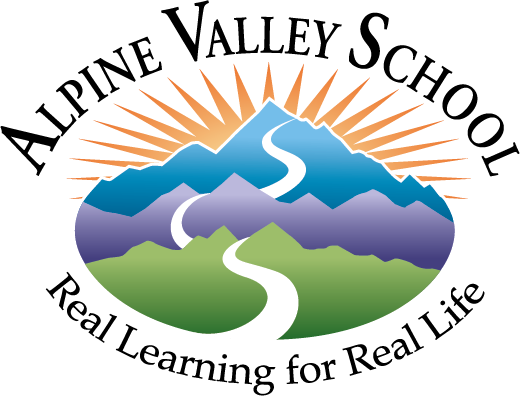Learning is Always Happening
Last week, I taught a six year-old student how to vacuum the hallway. He had earned this task through a sentence from Judicial Committee whereby he said some unkind things to an older student and, therefore, had to do her chore. We have large industrial vacuum cleaners at school, which are roughly the same size as the student in question. Still, he dutifully plugged in the vacuum and started pushing it back and forth across the hallway. He did bump into a few walls, and had to stop a few times in order to move the cord, but he got the chore done. I mostly watched, holding the vacuum cord safely out of the way, and answered his occasional question (“How do I get around this corner?”, “Do I need to vacuum the floor mats under the desk?”). Then, when the task was over he turned off the vacuum, wound up the cord, and beamed at me in pride.
“Could I do vacuuming every week?” He asked.
“You can always ask the chore checker,” I suggested, and helped him roll the behemoth machine away.
One of the criticisms that is sometimes leveled against our model of education is that students in our school never really learn anything. If no adult is instructing children in the finer points of mathematics, history, and so forth - will they be able to function as effective adults? Besides the obvious point that classes in all such subjects can, and do, happen at our school I’d like to raise another argument: our students learn real skills.
When I was in public school in seventh grade we spent an entire month learning about the War of 1812. I am not a history buff and so this information meant little to me. I learned enough to pass the tests that I was given and the immediately forgot all of that information. In effect, I wasted a month of my life in order to satisfy an authority figure who said I ought to know such things.
Vacuuming, though? I put that knowledge to good use nearly every day.
A few days ago a group of teenagers were gathered around the Main Room table, as they tend to do. They were engaged in a politically charged debate, and I could see that emotions were running high. As I watched, one of the students took a deep breath and said, “I think we’re all getting upset, let’s take a break.” And then they did. When they reconvened a few hours later, they were able to keep their voices calm and listen to each other’s points of view more often than not. I don’t know many adults who can keep heated discussions that civil - do you?
Respectful discussion, passionate debate, hearing each other and keeping calm - those are skills that all effective adults need. They’re also not something I was ever taught in my public education. In fact, I was actively discouraged from speaking to my peers when I was in public school, and so I never really had the chance to develop useful rhetorical skills until I enrolled at Alpine Valley School.
It’s true that while a student is enrolled at our school we will not force them to sit down and learn something that we think has value. The only enforced activities at our school are Judicial Committee (the law-enforcement body) and doing chores (cleaning tasks - like vacuuming) twice a week. But whether or not a student is sitting behind a desk being lectured to - learning is happening. Learning is always happening - in fact, it’s nearly impossible to stop it. And the lessons that are learned through living in an intentional society, and doing real work, are the ones that last a lifetime.They’re also the ones that contribute to a positive sense of self for our students - even if they bump into a few walls along the way.

